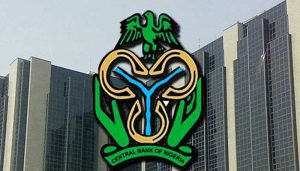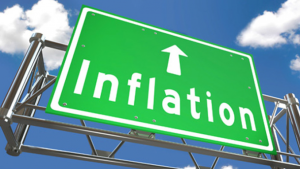
In the one year between May 2023 and April 2024, exchange rates gain as a constituent of the monthly FAAC allocation stood at N4.23 trillion.
This represents around 20% of the total FAAC allocation to the three tiers of government during the period.
This is according to a recent report from Agora Policy stating that the exchange rate as a constituent of FAAC allocation rose from 1.32% between 2019 and April 2023 to the current figure.
Between May 2023 and April 2024, the total FAAC allocation distributed to the three tiers of government stood at N20.99 trillion.
However, in the 4 years prior to May 2023, total FAAC allocation stood at N38.72 trillion while the exchange rate gain for the period was N510.26 billion.
In the 12-month period, the average exchange rate gain was N342.45 billion- a spike compared to the monthly average of N10.63 billion in the four years before April 2023.
Furthermore, the report explained that exchange rate gain has been bailing out the federation on its inability to meet revenue targets, especially in the oil sector.
According to the report, gross FAAC revenue has shown a consistent increase despite regular actual revenue shortfalls.
It referenced the month of April where the budgeted revenue stood at N2.61 trillion but an exchange rate gain of 438.88 billion pushed actual revenue to N2.17 trillion. This helped mitigate the revenue underperformance from 33% to 17%.
It stated, “This underscores three salient points: Nigeria’s budget projections remain largely unrealistic; the oil sector is still a major drag on revenue (as mineral revenue experienced a 61% underperformance); and exchange gain has been bailing out and boosting federation revenue.”
Exchange gain refers to the difference between the exchange rate projected in the budget and the actual rate at which applicable revenue streams are converted by the FAAC. Since the exchange rate for the 2024 budget is N800/$, the surplus from the prevailing market rate becomes the exchange rate gain.
Upon taking office in May, President Tinubu removed the petrol subsidy, which had previously consumed significant government revenues. Under his tenure, the CBN announced the unification of the foreign exchange market in June.
In 2023, exchange rate gain shared by the federal, 36 states and LGAs stood at N2.52 trillion with the bulk of the gains coming following the unification of the forex market in June 2023.
While increasing FAAC allocation to states following the significant disparity between the budget benchmark rate could be seen as benefitting the states, it could be a double-edged sword for states with significant exposure to USD-denominated debts. This has made the Finance commissioners of three states—Ekiti, Cross River, and Ogun complain about the increased debt service cost on the accounts





